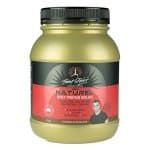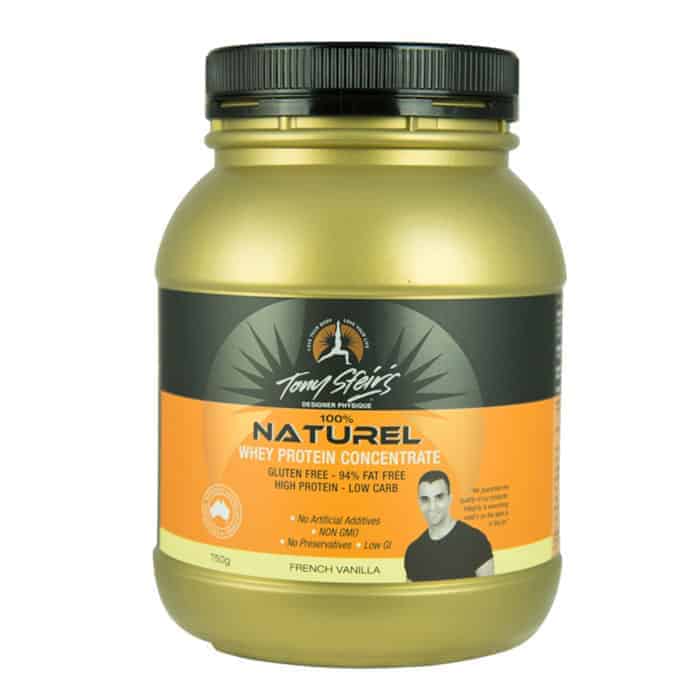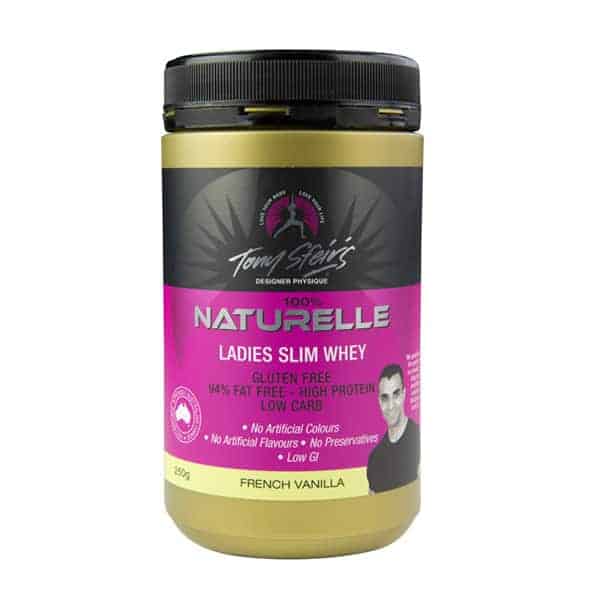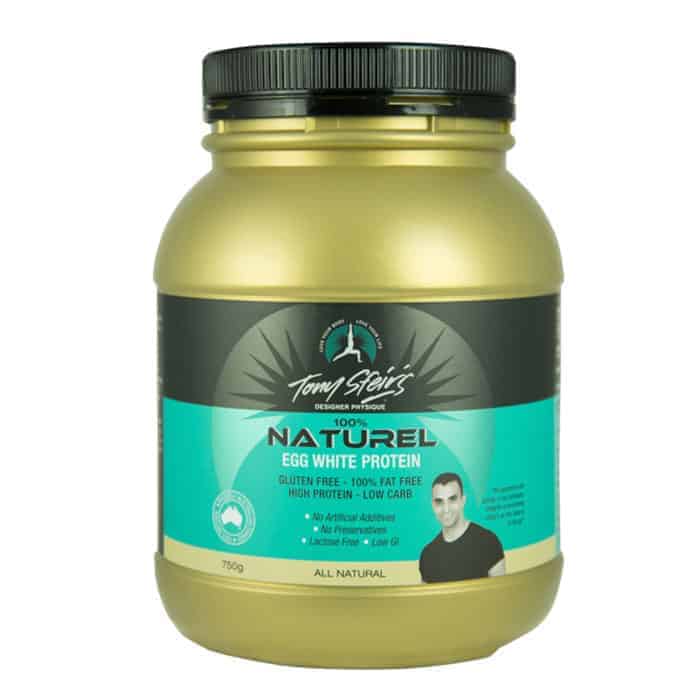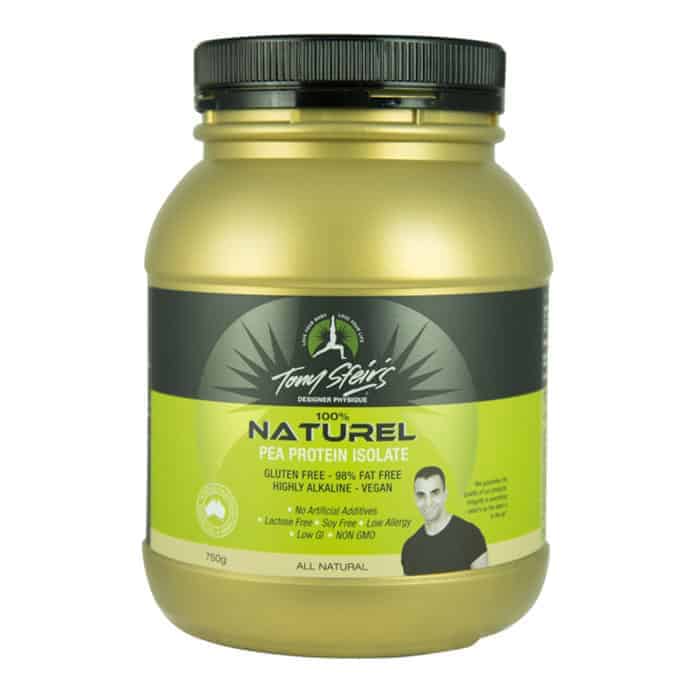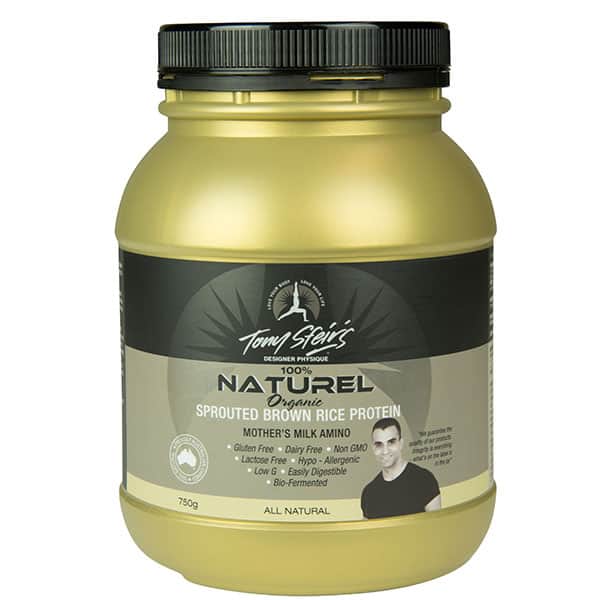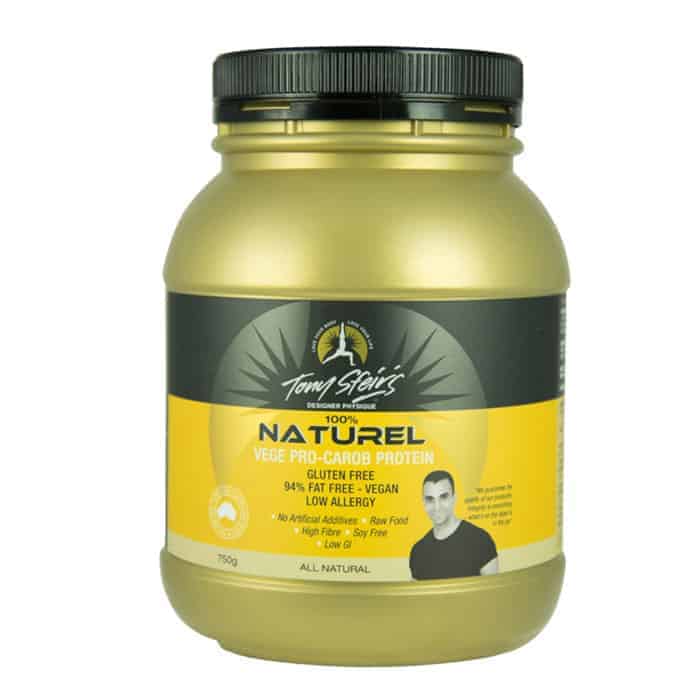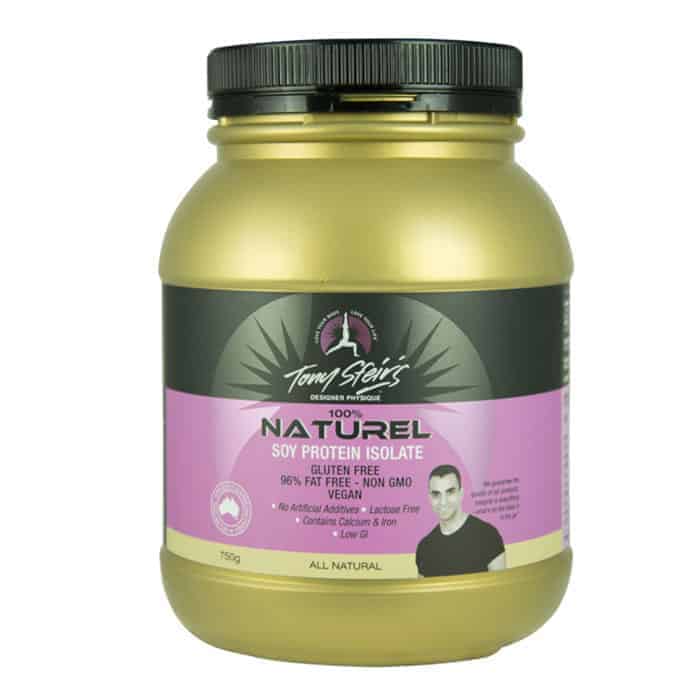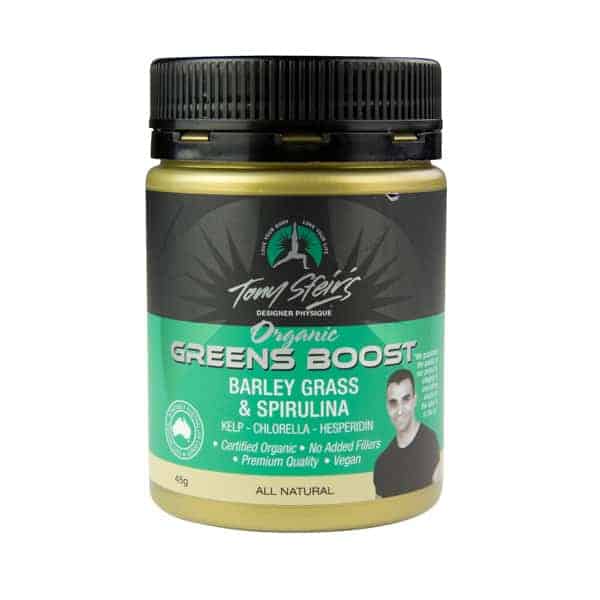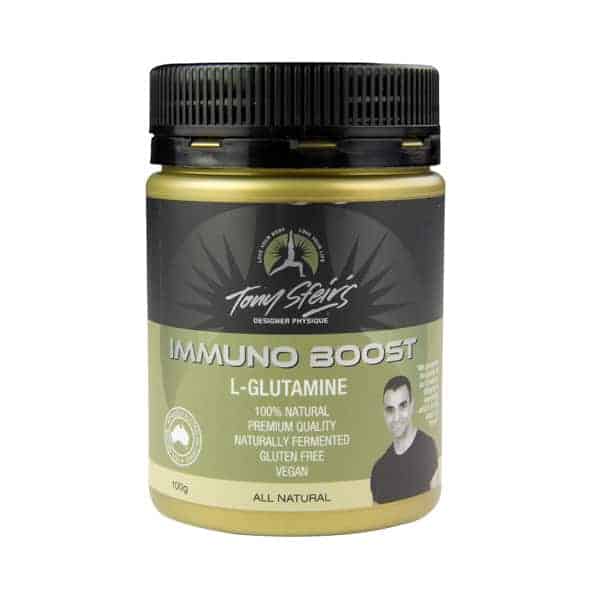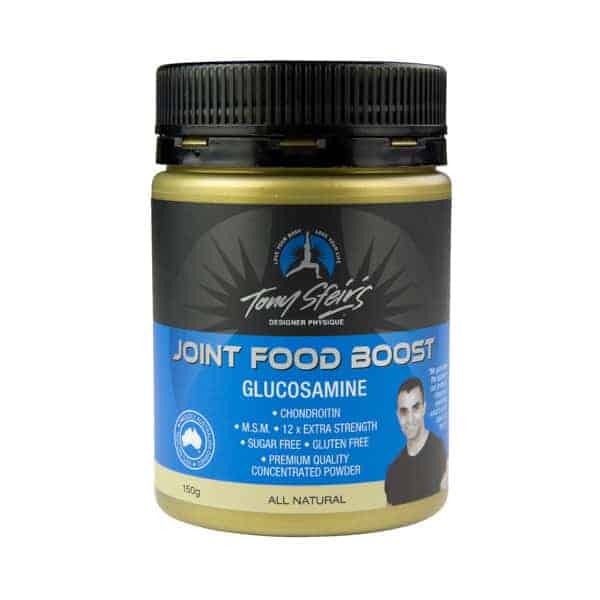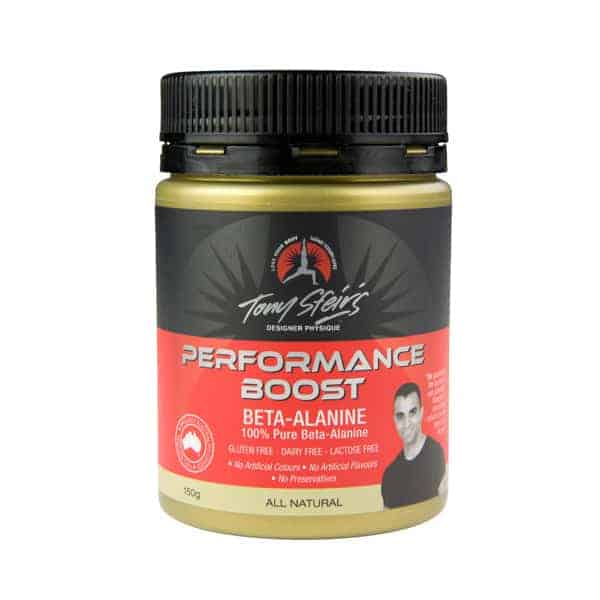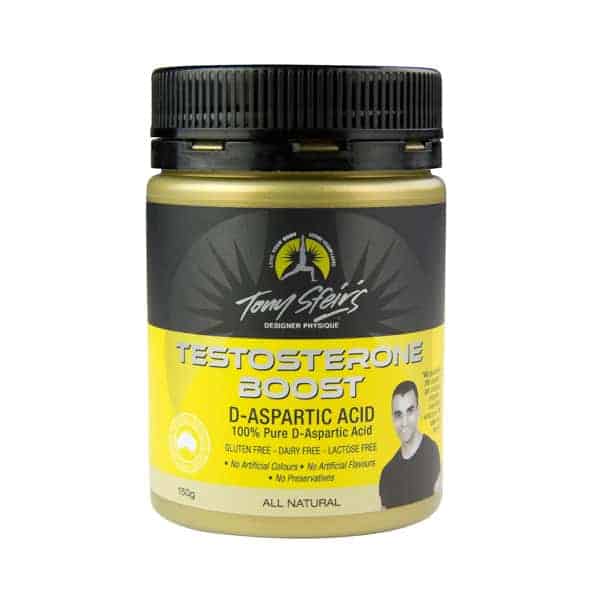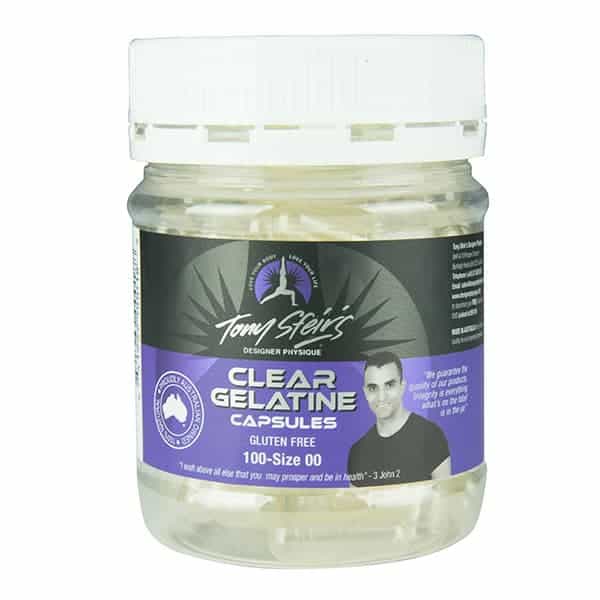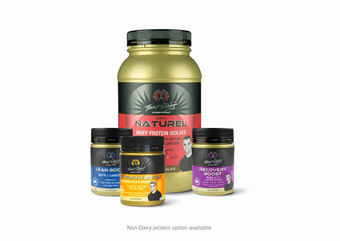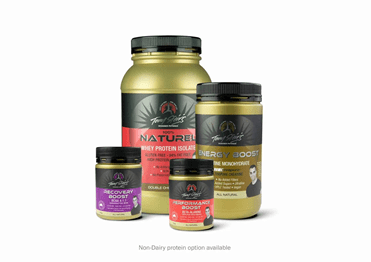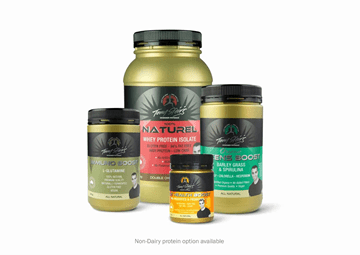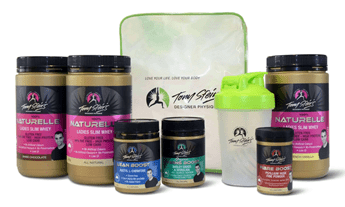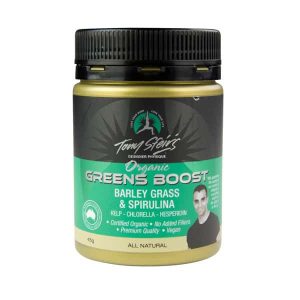Article At A Glance:
|
Plant based protein over whey?
Whey protein is the standard go to protein powder for most people and the go to introductory supplement into the world of protein powders, especially if there’s no dairy intolerances to consider. Plenty of consumers don’t even question this protein choice, however it is definitely worth considering whether or not plant based might be the better option overall. With a growing popularity in conscious consumption, sustainability and plant based diets, the market for quality plant based protein powders has steadily increased.
Why avoid whey?
Whether or not you choose to consume whey protein is a personal and individual choice based on biological, ethical and emotional factors. Some common reasons for whey protein to be avoided include allergies/intolerances to dairy, vegan dietary requirements, dislike of taste or texture and personal preference to other protein sources and the benefits they have. With health experts estimating that around 68% of the world’s population has lactose malabsorption (inability to digest properly) resulting in an intolerance to lactose (a primary sugar in dairy) and dairy, it is no wonder why alternative protein sources are growing in popularity (Storhaug et al., 2017). However, it is also good to note that if you are mildly lactose intolerant you can still consume our why protein isolate as it contains less than 1% lactose.
What about winter?
The winter flu season is another consideration for avoiding dairy if you experience any kind of intolerances. When intolerances are set off within the body, an inflammatory response is set off by the immune system resulting in increased inflammation in the body. This can impair the body’s natural immunity and make you more susceptible to catching the flu as the disease fighting cells are already busy fighting off inflammatory markers.
Would plant based be the better option for winter?
Plant based protein contains more fibre and other nutrients such as calcium, potassium and iron to help improve digestion and good bacteria in the gut which in turn strengthens the immune system (Tomova et al., 2019). When using our pea protein isolate or sprouted brown rice protein in combination with our greens boost or fiber boost you can give your gut health and immune system the extra fibre and nutrients it needs to fight the winter flus. Read here for more great ways to keep yourself healthy and feeling motivated during winter as well as some deliciously nourishing recipes.
What kinds of plant protein are there?
There are several different sources of plant protein powders including pea, soy, brown rice, hemp, carob and egg white. Designer Physique carries an extensive range of both whey and plant based protein powders. While all of these are great sources of protein, choosing the best one for you comes down to personal preference of digestibility, taste and texture. To find out for yourself which is the best protein option for you try our free sample pack today! For more information on the different types of plant proteins read here. If you would like more individualised advice on the products suitable for your lifestyle please comment below or contact us here.
Pros and cons
Both whey and plant based proteins have several benefits but also some cons that are worth considering when choosing the protein most suitable for you. See the table below for a comparison of the pros and cons of each protein source. If you would like more individualised advice make sure you contact us, chat to us on instagram or comment below.
| Protein Source | Pro | Con |
| Whey | – Tastes good
– Mixes well – Thick and creamy texture – Most biologically available protein |
– Many people have intolerances
– Not vegan friendly |
| Plant based proteins | – Vegan friendly
– Good source of fibre and minerals? – Easily digestible – Several different options available – Allergy/intolerant friendly |
– May not mix as well as whey protein
– Texture can be more grainy – unflavoured can sometimes have a more ‘earthy’ taste |
What does science say about this?
Studies conducted on the effectiveness of both whey protein and plant based proteins showed that athletes who consumed animal based protein had a higher bioavailability of protein in their system compared to athletes who consumed the same amount of plant based protein (Ciuris et al., 2019). However, another study found that plant protein sources including soy, pea and lupine caused a 3% decrease in both total and LDL cholesterol (bad cholesterol) levels compared to the animal sourced protein. These results reveal that regular consumption of plant based protein may prevent the onset of risk factors associated with cardiovascular disease (Chalvon-Demersay et al., 2017).
The verdict is….
Although whey protein is still a great source of protein, overall plant based protein comes out superior in the sense that it caters to the majority of dietary needs both based on intolerances/allergies, ethically and for supporting gut health, immune health and prevention for cardiovascular disease. Have you tried plant based protein powder? If not, it is definitely worth giving it a try, you might find the added health benefits worthwhile.
For optimal health it is recommended to try giving yourself a few animal protein free days a week! Are you up for the challenge? See how you can plan to include plant based protein choices and give your body a break from the other sources. For some great inspiration of how you can add more plant based recipes into your day check out some of our recipes here.
References
Chalvon-Demersay, T., Azzout-Marniche, D., Arfsten, J., Egli, L., et al. (2017) A Systematic Review of the Effects of Plant Compared with Animal Protein Sources on Features of Metabolic Syndrome, The Journal of Nutrition, Volume 147, Issue 3, March, Pages 281–292, https://doi.org/10.3945/jn.116.239574
Ciuris, C., Lynch, H. M., Wharton, C., & Johnston, C. S. (2019). A Comparison of Dietary Protein Digestibility, Based on DIAAS Scoring, in Vegetarian and Non-Vegetarian Athletes. Nutrients, 11(12), 3016. https://doi.org/10.3390/nu11123016
Storhaug CL, Fosse SK, Fadnes LT. (2017). Country, regional, and global estimates for lactose malabsorption in adults: a systematic review and meta-analysis. The Lancet. Gastroenterology & Hepatology;2(10):738–746.
Tomova, A., Bukovsky, I., Rembert, E., et al. (2019). The effects of vegetarian and vegan diets on gut microbiota. Front Nutr. Published online April 17,

